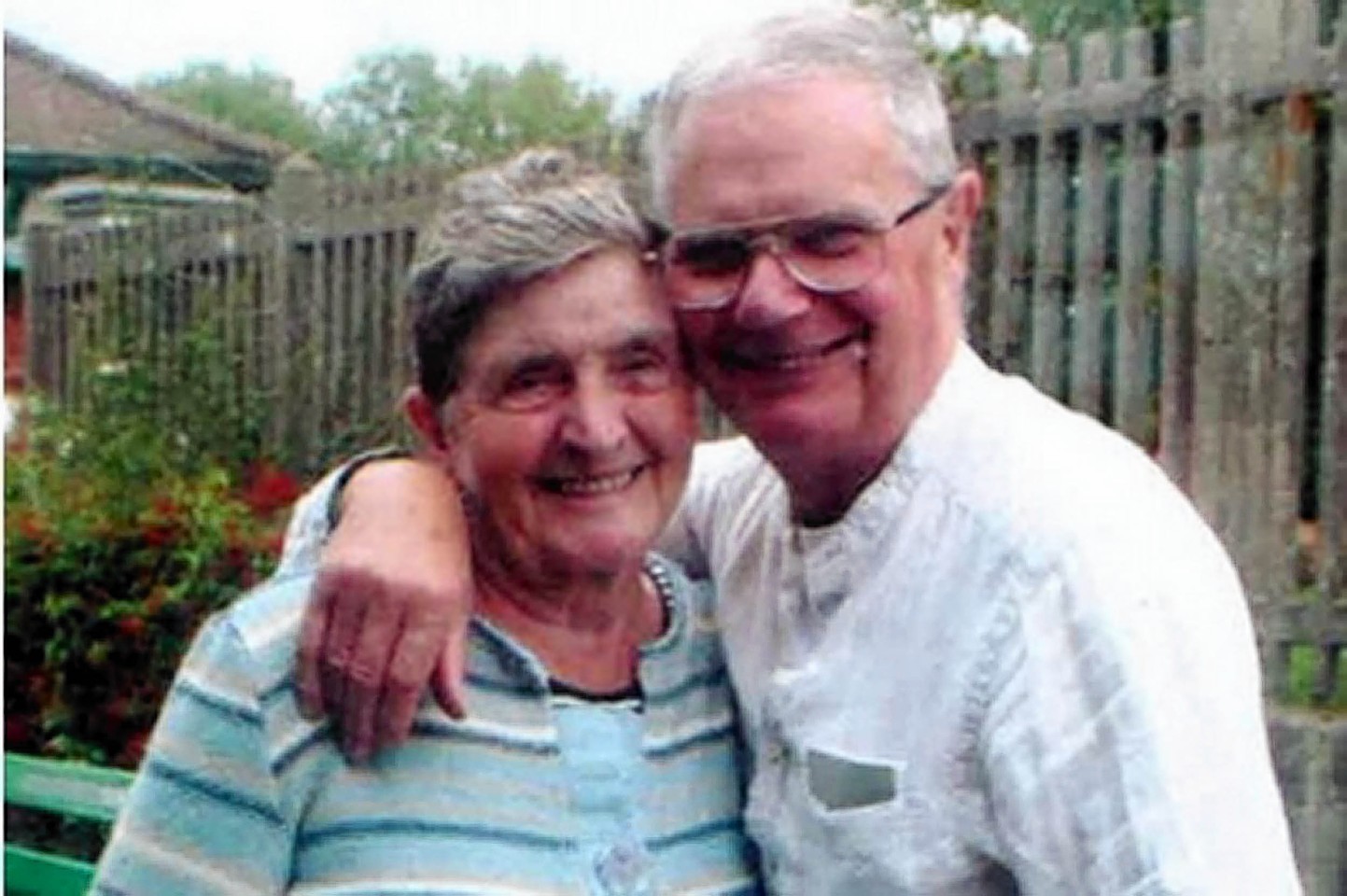An 80-year-old man must make a round trip of more than 60 miles to visit his dementia patient wife – because there are no facilities to care for her in Inverness.
Reg McInally estimates he has been forced to spend £700 over the past nine months making a twice-weekly journey to Grantown to see Christine, his wife of 58 years.
Mr McInally was caring for her at their home in the Highland capital until she fell, broke her hip, and needed specialist care.
Despite having a population of 63,000 and being one of the fastest-growing cities in Europe, there were no specialist care places.
Regular appeals to NHS Highland to move Mrs McInally, 80, closer to home have been unsuccessful.
Mr McInally said he lived in fear of becoming too old and infirm to drive, or being unable to afford the travel costs.
“The stress and strain of recent years has knocked the hell out of me,” he said.
“In five months Christine’s deterioration has been rapid and heart-breaking.”
An NHS Highland spokeswoman said there were several providers in Inverness offering specialist care for people with dementia, however, there were none at present with vacancies that would fully meet Mrs McInally’s needs.
“We are fully aware of the circumstances surrounding this couple and agree it is most unfortunate,” she added.
“We are working with the family to make sure the care is provided in the most appropriate setting for all concerned.
“This is under constant review.”
The spokeswoman said the health authority recognised that the policy of placing people in the most appropriate setting could have “knock-on implications for the family”, but stressed there were a number of considerations to be taken into account.
“While it is not appropriate for us to consider the specific circumstances there are sound reasons for the arrangements,” she added.
Jean Turner, director of the Scotland Patients Association, said: “I understand it may be difficult in rural communities to look after people but would it not be kinder to have proper people appropriately trained to look after people with dementia?
“It’s a major problem that needs sorted out with proper training.”
